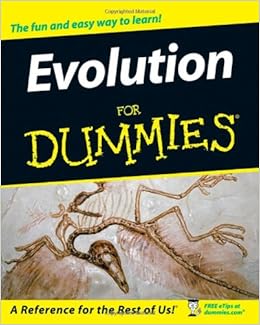Then your responses to what's been provided are rather odd. Let's look at the statement in question, "
among the scientific community that studies these questions in detail, the support for evolution is universal."
"
Among the scientific community..."
That clearly refers to the "community" of professional scientists.
"...
that studies these questions in detail..."
That clearly specifies the above to refer to the community of professional scientists who work in the biological sciences.
".
..the support for evolution..."
That clearly refers to their professional views/opinions/positions on whether evolution is valid science.
"
...is universal."
That clearly refers to the number/percentage of said scientists who view evolution as valid science.
So in sum, we have
@Polymath257 stating that among the community of professional scientists who work in the biological sciences, the viewpoint that evolution is valid science is at, or very close to, 100%. Seems like a pretty clear, straightforward statement. And how do we determine whether that statement is accurate? The obvious answer is that we conduct a survey/poll of professional scientists working in the biological sciences and ask them whether they view evolution as valid science. Again, seems pretty straightforward.
That's exactly what you've been given, i.e., professional surveys/polls of professional scientists who work in the biological sciences, asking them whether they view evolution as scientifically valid. And from the results we see that the claim is accurate; virtually all professional scientists who work in the biological sciences view evolution as scientifically valid. Thus, it would seem that Polymath has supported his assertion quite well.


